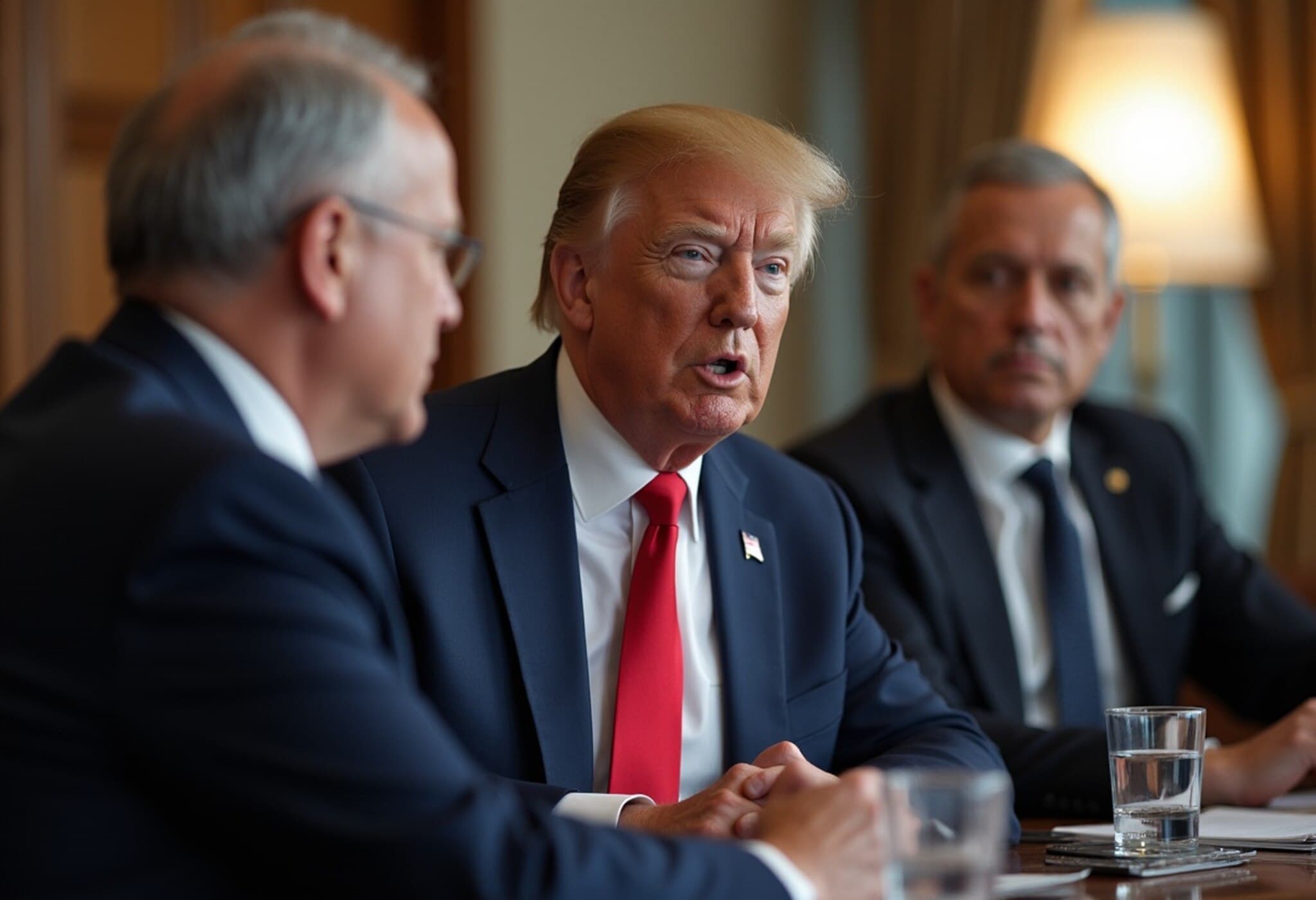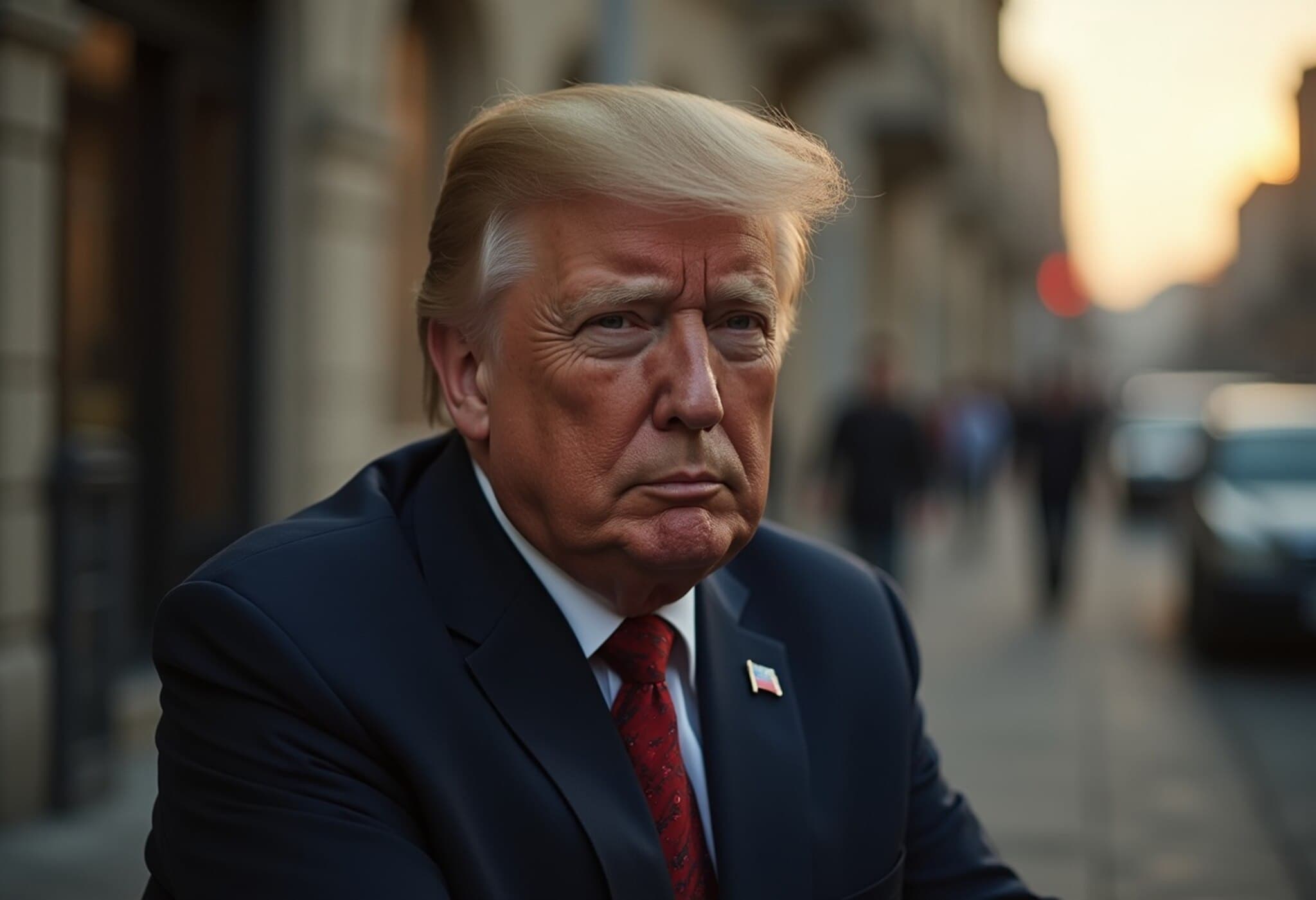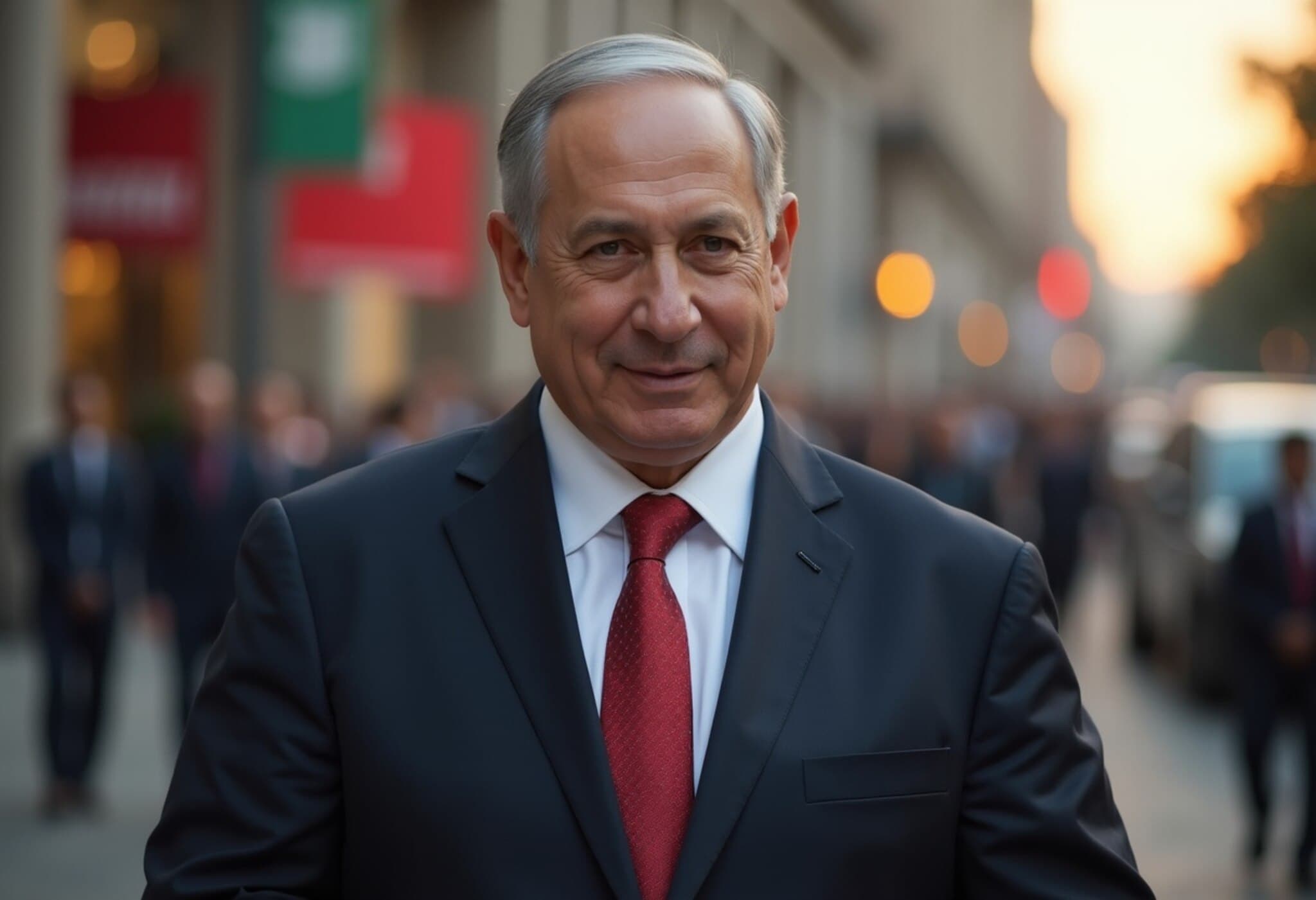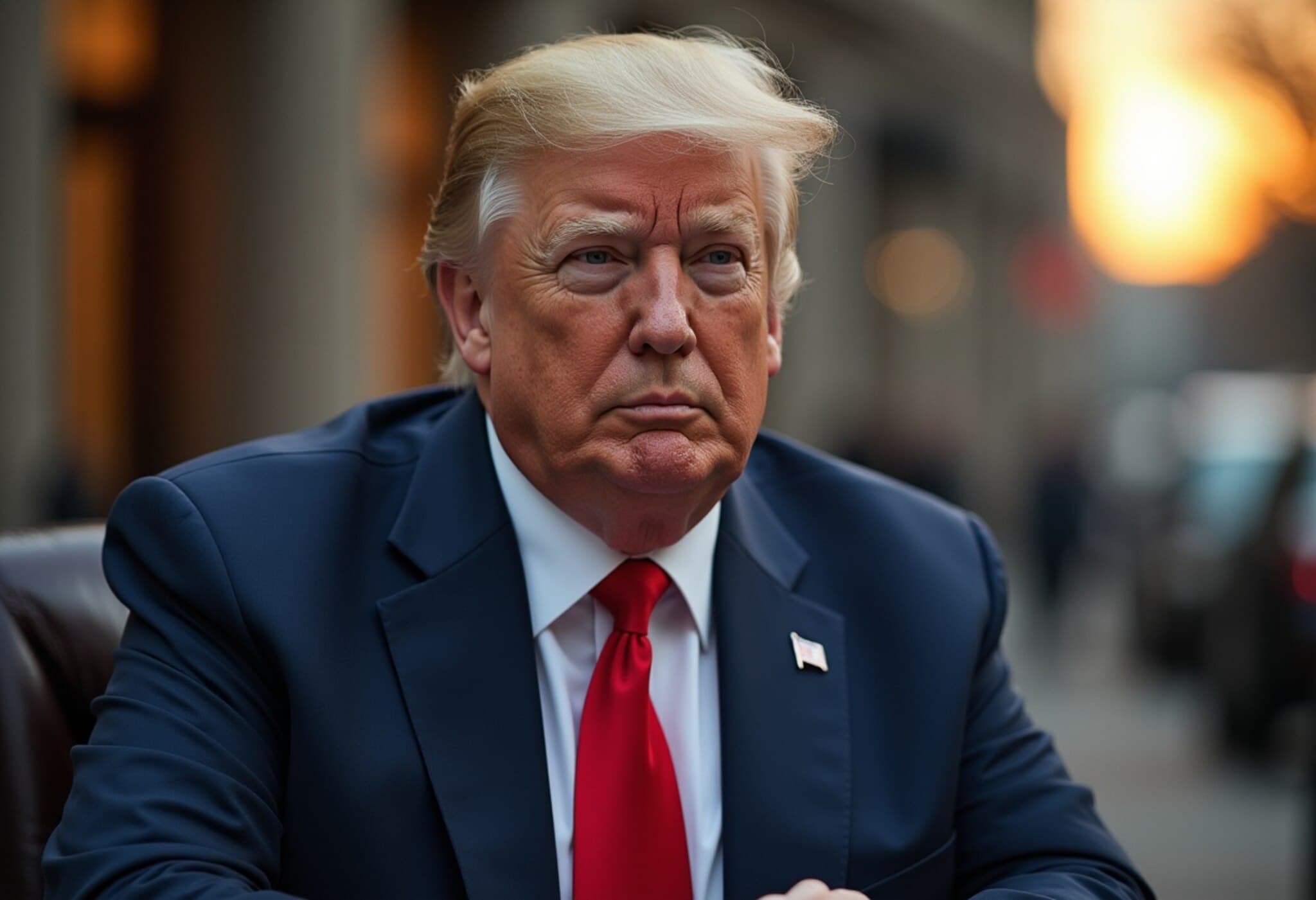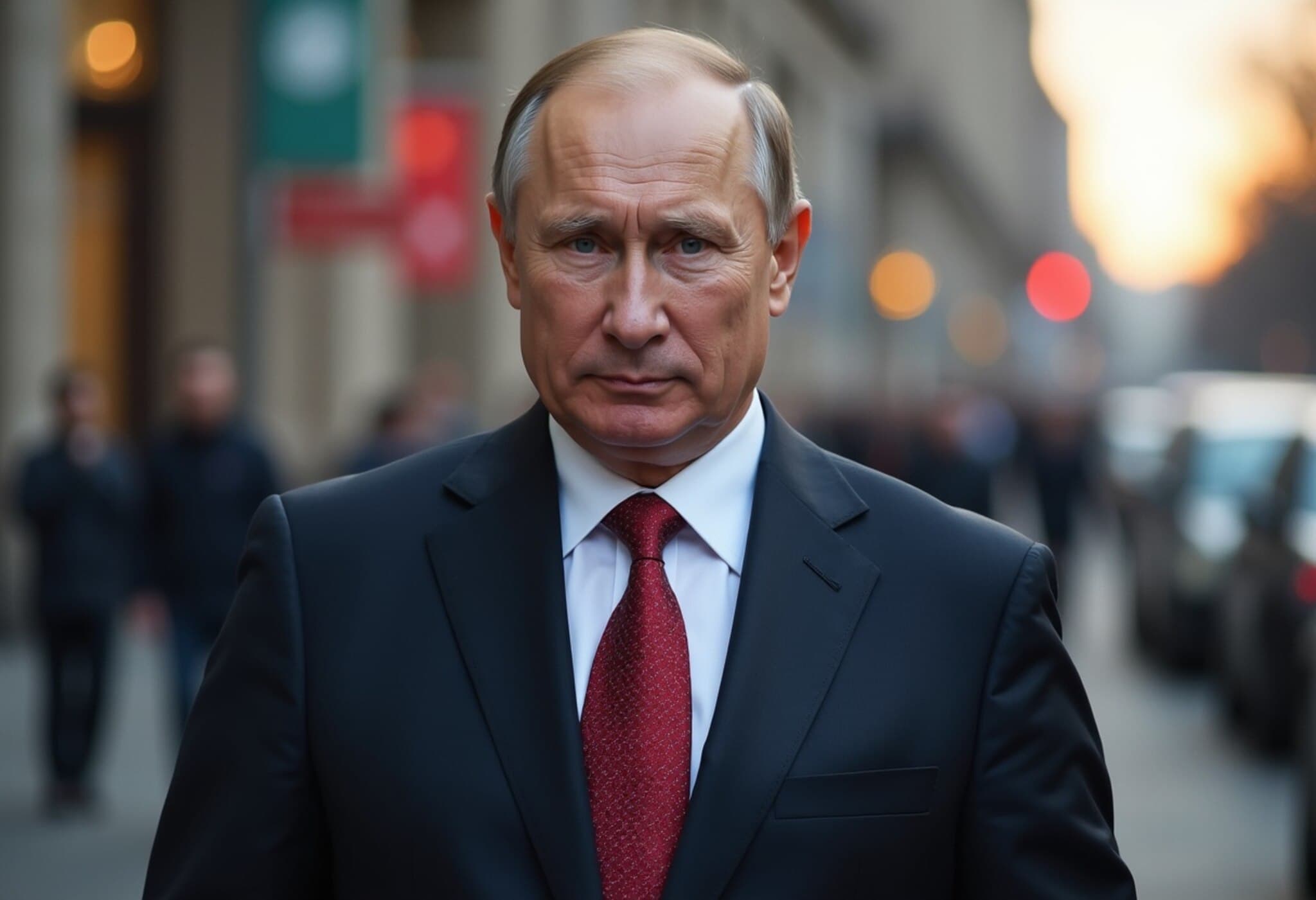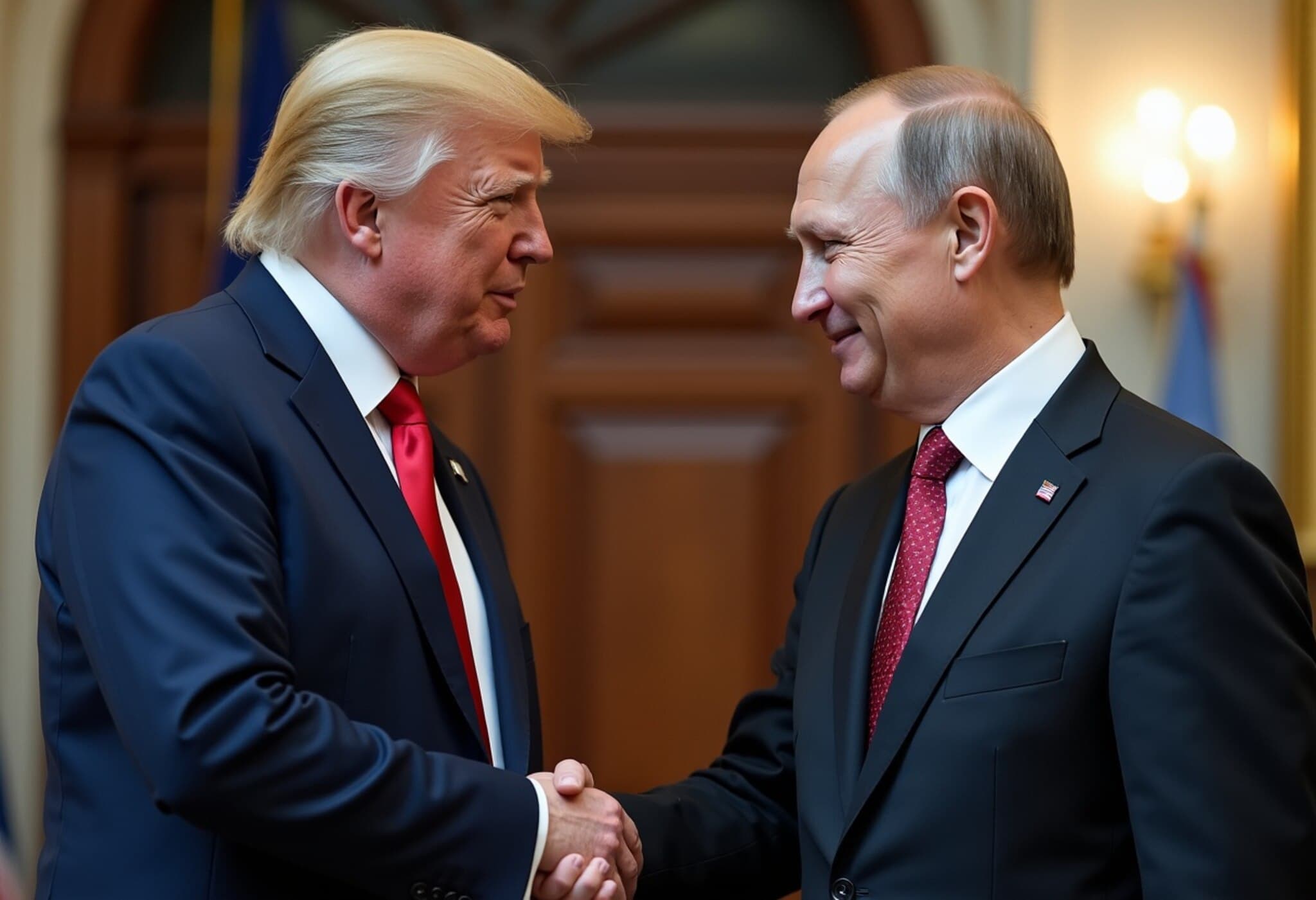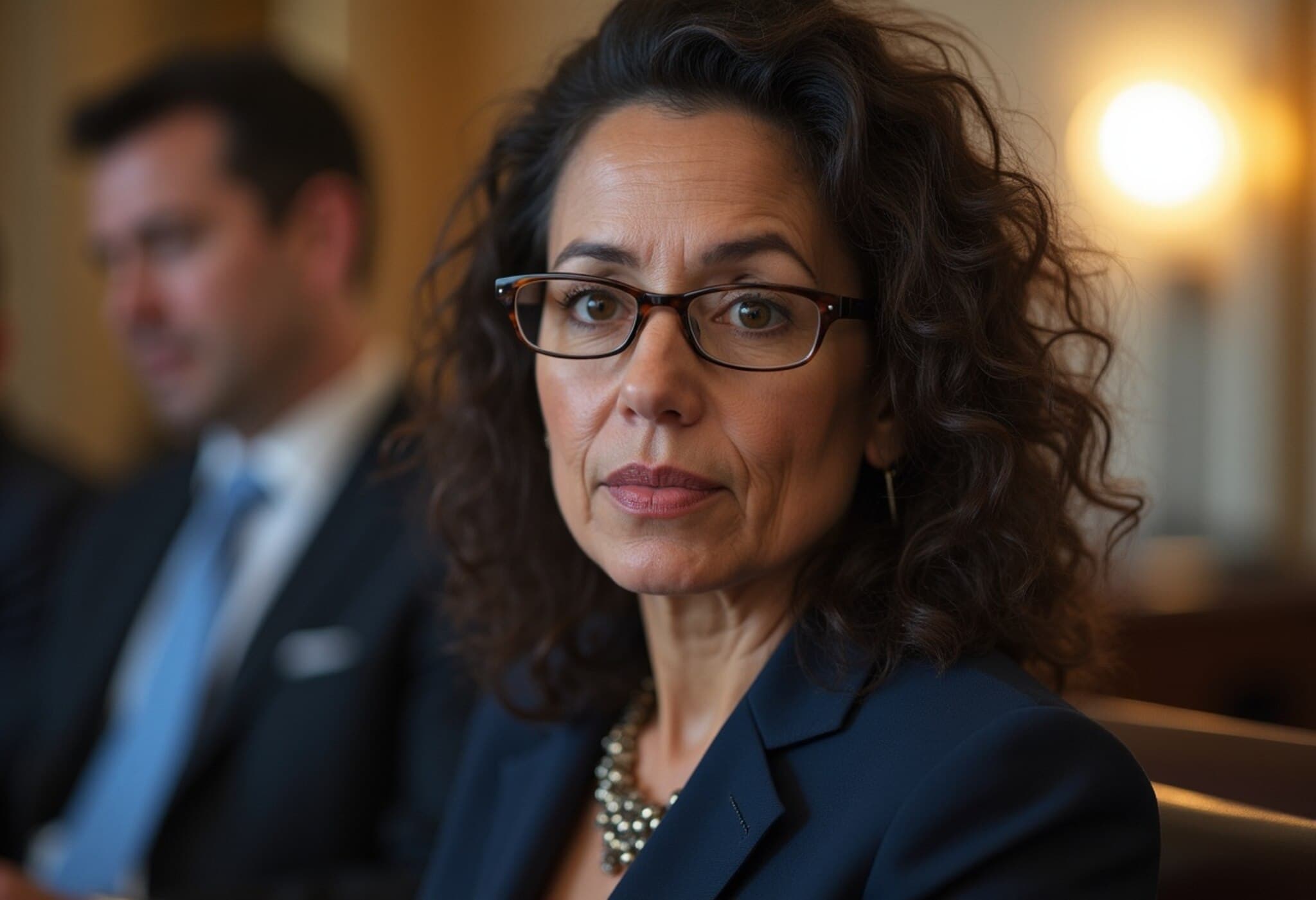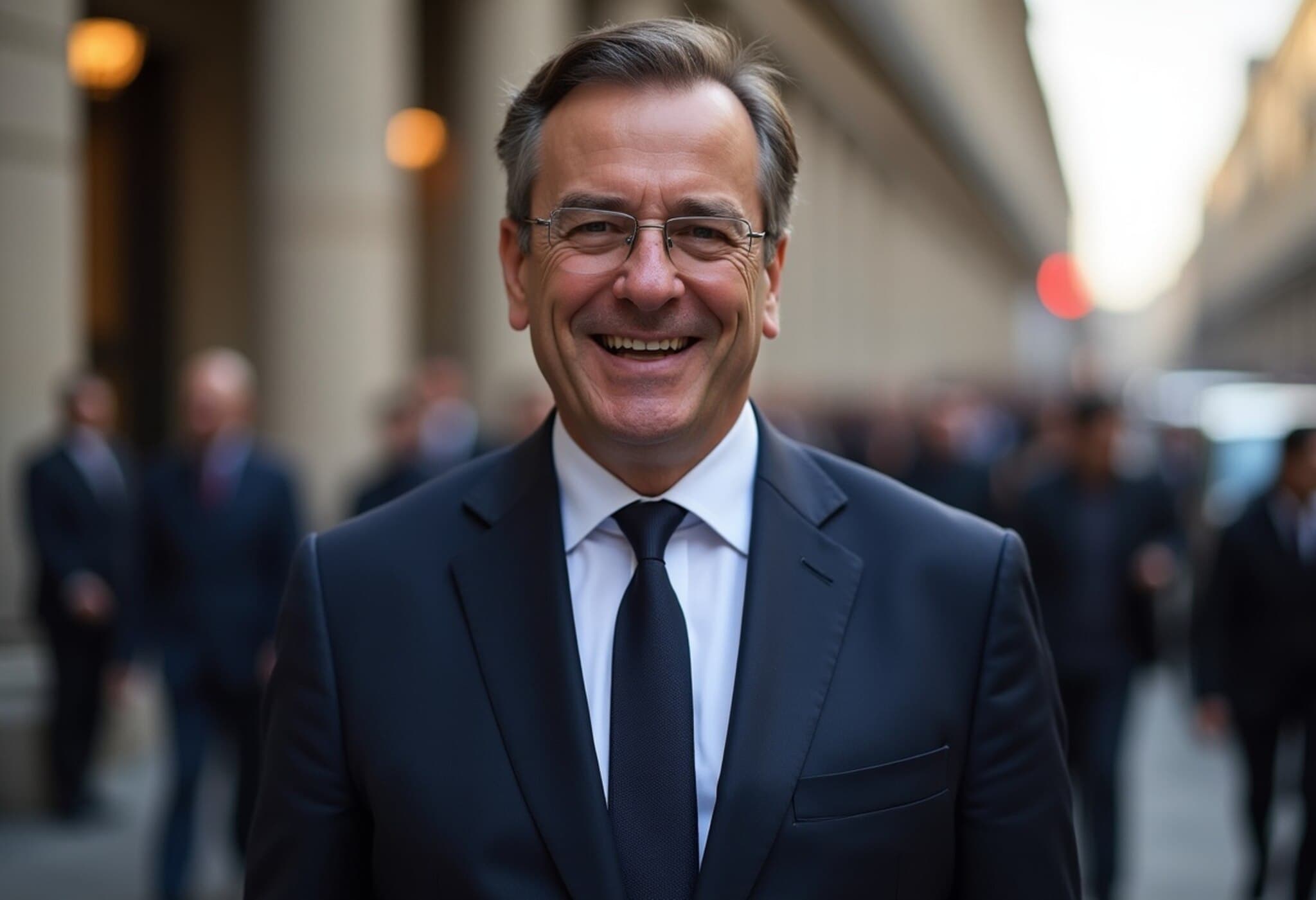Trump Hosts Strategic Meeting on Gaza Conflict with Tony Blair and Jared Kushner
On Wednesday, former US President Donald Trump convened a high-level policy session at the White House, focusing on the complex and protracted Gaza conflict. The meeting brought together seasoned figures with deep Middle East expertise, including former British Prime Minister Tony Blair and Jared Kushner, Trump's former senior adviser and son-in-law.
Key Focus Areas: Aid, Hostages, and Reconstruction
According to a senior US official cited by Reuters, the gathering was described as "simply a policy session," targeting essential aspects of the Gaza war. Central topics included facilitating humanitarian aid deliveries, addressing the ongoing hostage crisis, and laying groundwork for long-term reconstruction plans.
With Gaza's conditions worsening amid ongoing hostilities, these issues are critical. Recent weeks have seen deeply troubling reports and images of malnutrition and hardship, particularly affecting Palestinian children — sparking worldwide concern and raising urgent moral and political questions.
Expert Voices Steer Diplomatic Strategy
Kushner, who played a pivotal role in US Middle East policy during Trump's first term, and Blair, a veteran in regional diplomacy since his tenure as UK Prime Minister during the 2003 Iraq war, bring decades of experience to these deliberations. Their involvement underscores an effort to blend diplomatic insights with pragmatic policy planning amid one of the world's most enduring conflicts.
Political Context and Challenges
President Trump had campaigned on pledging a swift resolution to the Gaza war. Yet, more than seven months into his second term, a durable peace remains elusive. Initial efforts, including a temporary ceasefire that lasted two months, unraveled following renewed Israeli airstrikes in March that resulted in significant casualties.
The humanitarian crisis in Gaza has deteriorated, with international observers increasingly vocal about the necessity for immediate and effective intervention.
Official Statements and Future Outlook
US Special Envoy Steve Witkoff, speaking on Fox News prior to the session, characterized the forthcoming plan as "very comprehensive," emphasizing humanitarian intentions. A second White House official reaffirmed Trump’s commitment, highlighting his desire for "peace and prosperity for everyone in the region," while noting no further details would be released at this time.
Critical Analysis: The Road Ahead
While such high-level meetings signal an intent to craft nuanced policies, the practical challenges on the ground remain daunting. Questions linger about the feasibility of delivering sustained humanitarian aid amid active conflict zones, the negotiation of hostage releases, and coordinating reconstruction amid political fragmentation and security concerns.
The presence of figures like Blair and Kushner evokes past diplomatic endeavors, but also invites scrutiny about how lessons from previous Middle East engagements might be applied or avoided to foster a more stable, just outcome.
Editor’s Note
This policy session marks a significant moment in ongoing international attempts to address the Gaza conflict’s multifaceted crisis. Beyond the immediate humanitarian imperative, it raises important questions about the United States’ and allied leaders’ roles in shaping the Middle East’s future. Readers are encouraged to consider how diplomatic experience can translate into actionable solutions in conflict zones and what accountability mechanisms are necessary to ensure that promises to vulnerable populations result in tangible relief and peace.

